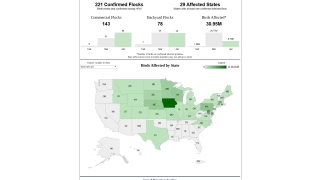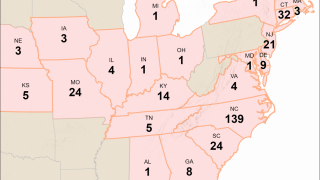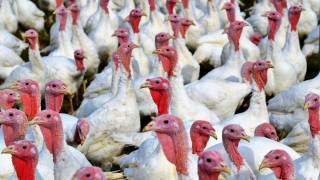Updated Bird Flu Prevention Recommendations Issued by the U.S. CDC

Although human infections with Avian Influenza HPAI A(H5N1) virus (Bird Flu) are rare, having unprotected exposure to any infected animal poses a risk of infection.
The U.S. Centers for Disease Control and Prevention (CDC) issued guidelines on March 29, 2024, to prevent exposure to this virus.
These guidelines include using personal protective equipment, testing, antiviral treatment, patient investigations, monitoring exposed individuals, and administering antiviral chemoprophylaxis to those who have been exposed.
Currently, the CDC considers the human health risk to people in the U.S. from Bird Flu viruses to be low.
These CDC recommendations are based on information available as of March 2024 and will be updated as necessary when new information becomes available.
Influenza A viruses infect birds' respiratory and gastrointestinal tracts, causing them to shed the virus in their saliva, mucous, and feces. Human infections with avian influenza A viruses can happen when enough virus gets into a person's eyes, nose, or mouth or is inhaled.
Illnesses in people from HPAI A(H5N1) virus infections have ranged from mild to severe disease, resulting in death, says the CDC.
As of March 31, 2024, the U.S. FDA approved bird flu vaccines for people, such as CSL Seqirus Inc. Audenz™ (aH5N1c), but they are not commercially available.
Additionally, the U.S. government has previously invested in developing various avian influenza vaccines and candidates.
Our Trust Standards: Medical Advisory Committee























